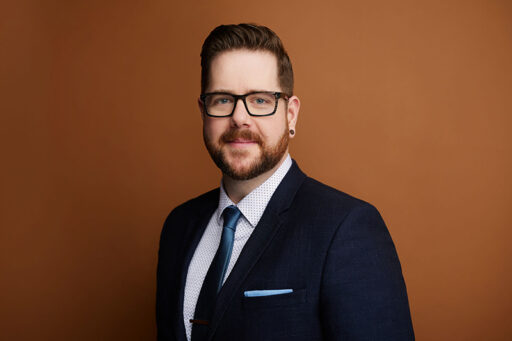College Blog
Sharon’s young. Ali’s great looking. She’s treating the rotator cuff he tore playing ultimate Frisbee. They both like House of Cards. The next thing you know, Ali is offering to meet Sharon at a local pub and teach her how to play pool. She finds him attractive, can she say yes?
Joan is recovering from a bad car accident. Chaitan provides home care and sees her alone in her bedroom. She’s afraid she’ll never walk again and she’s in a lot of pain. Chaitan helps relieve the pain and gives her the hope and the therapy that lead to her recovery. Because of Chaitan, she is able to return to work when she never thought she would. The next thing you know, she’s planning to leave her husband for him. He finds her attractive. Can he pursue it?
What do these two situations have in common? They both cross the appropriate border of the physiotherapist-patient relationship.
Physiotherapists need to remember how special they are. Your expertise gives you an exceptional position in patients’ lives. Patients are likely to trust you more readily than they would trust someone they met in a different way. They are likely to feel grateful to you for helping them. They may feel intimidated by you because you have skills and knowledge they need but don’t have themselves. You spend time with them in treatment, you touch them, you see them alone and outside of their street clothes. All of these things can lead to a feeling of closeness that would not likely develop if you were to meet elsewhere.
I know that we all think we can tell when it’s “the real thing” but the law says that Ali is not himself in that relationship—Sharon has a position of power over him that makes her more desirable or compelling than she would otherwise be. Maybe this is even more apparent with Joan and Chaitan—who wouldn’t fall in love with someone so kind and important in their life? In both cases, the law says that if the couple were to have sex, it would be abuse and the physiotherapist would lose his or her licence.
Does the law go too far? Maybe. But the law is meant to protect the most vulnerable. When a doctor trades sex for drugs, it is easy to see he has taken advantage of a weak patient. But the patient is nearly always a little bit vulnerable. That’s why I want to remind you that you are special and powerful: you help patients to get better. But you must also hold the patient-therapist relationship sacred, by keeping a clear professional distance and remembering that they are your patients, not your friends.
Related Resources:
Standard: Therapeutic Relationships and Professional Boundaries
Guide to Therapeutic Relationships and Professional Boundaries











Share Your Thoughts